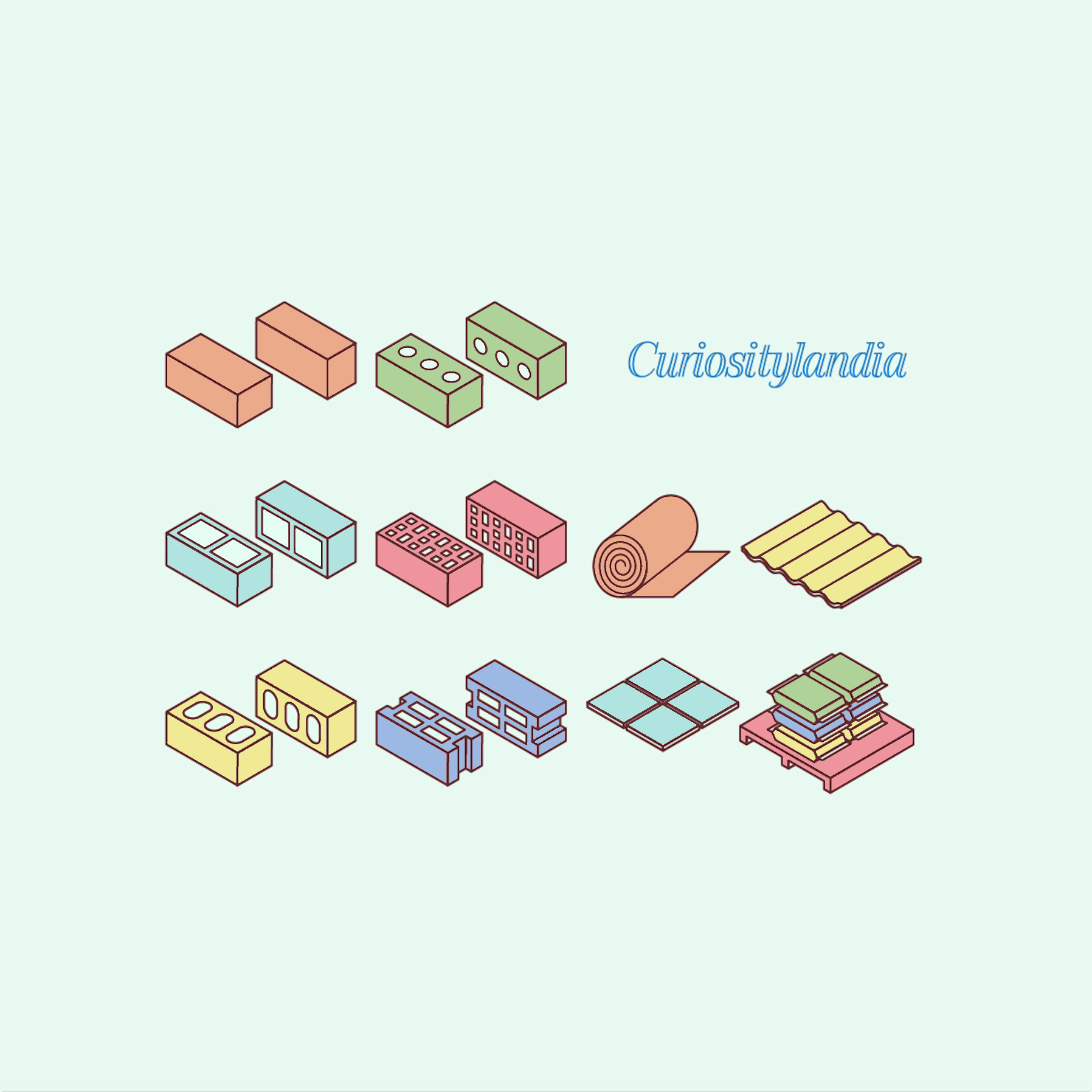The Importance of LEGO for Building Psychomotor Skills and Self Confidence
Published Date: 10/25/2021

LEGO is one of the most popular toys for kids. Kids love to spend hours building unique constructions and creations with the colorful bricks. Kids can build miniature people, animals, and an endless variety of real-life objects. There are kits for creating models of different settings, such as an amusement park, farm, or city. Children also use the bricks to make spontaneous creations and items they design themselves.
Playing with LEGO bricks or building with blocks has many learning benefits for kids. Assembling and taking apart bricks helps children develop fine muscle strength and other psychomotor skills. Strengthening the small muscles in the hands is a primary objective of early learning. It enables children to progress in acquiring other psychomotor skills, including dexterity, coordination, and manipulation. Toddlers need hands-on activities with objects they can grasp and manipulate to develop fine muscle strength in their hands. LEGO kits are available for toddlers as young as one and a half years old.
Psychomotor learning is essential for the connection between cognitive function and physical movement. It also includes visual motor skills, which involve strengthening hand-eye coordination. Mastery of these psychomotor skills allows children to gain independence in tying their shoes, brushing their teeth, and doing other daily tasks. They are also necessary for activities such as playing an instrument or throwing a ball. As children progress in elementary school, psychomotor ability and fine muscle development are essential for holding a pencil with a firm grip and using it to write.
Playing with blocks or bricks can also help prepare kids for elementary school in other ways. Tangible, colorful objects and manipulatives capture the interest of kids and provide the opportunity for active learning. Since kids are motivated and excited about creating something tangible, they experience an increased ability to focus on a task. LEGO is so engaging for kids that they are usually motivated to keep building more elaborate creations.
Completing LEGO constructions helps children develop self-confidence. Assembling a challenging kit requires persistence and concentration. It sharpens children’s problem-solving skills as they inspect the bricks and determine how to assemble them. Whether kids design their own creation or use an instruction booklet to assemble a kit, their cognitive faculties are engaged. Kids feel a sense of accomplishment when they are finished creating something.
LEGO Education is a division of the company that provides a variety of specialized learning solutions. Products include learning solutions to help primary school students develop their math, literacy, and social-emotional skills. The bricks are utilized for teaching and learning mathematical reasoning concepts at various levels of education. They are useful for introducing fractions to elementary students and can help teach concepts such as patterns, symmetry, and balance.
Playing with LEGO bricks also engages a child’s creative and literacy skills, allowing them to turn their ideas into their own creations. LEGO offers kits for kids six years of age and older that foster imaginative play. The sets are designed to engage the imagination as kids create a variety of characters and scenes. Elementary school kids love to use the kits to create stories and play ‘make-believe.’ Imaginative play helps kids develop storytelling abilities, which improves their communication skills and helps expand creative capacity.
